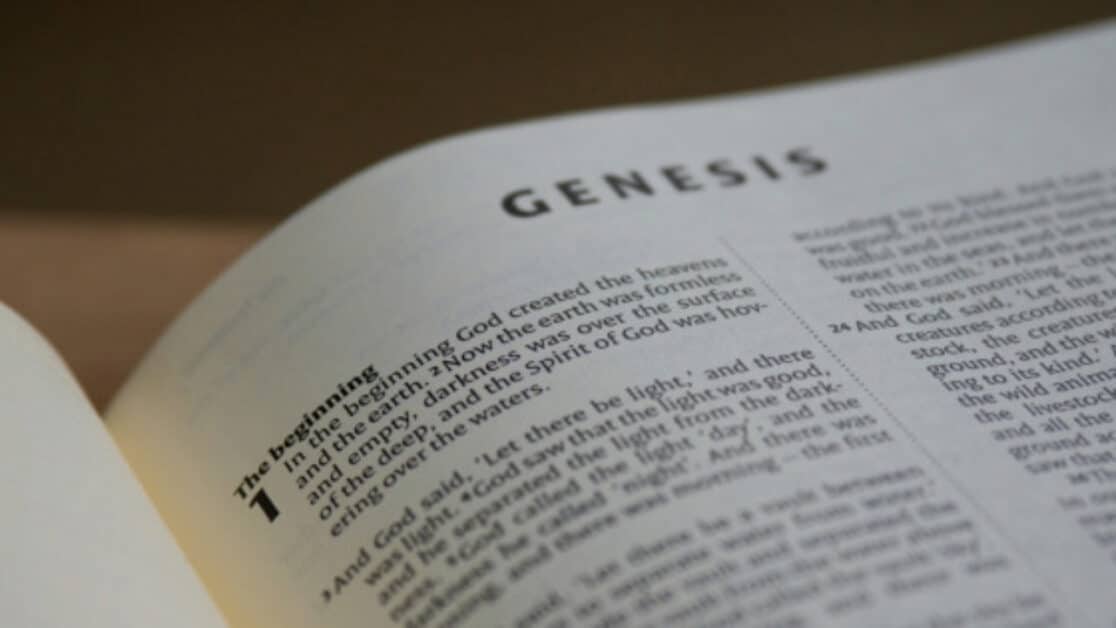O Livro de Gênesis, o primeiro livro da Bíblia, é fundamental para entender a visão judaico-cristã do mundo.
Ele não apenas narra as origens do universo e da humanidade, mas também estabelece muitos dos temas e questões que permeiam o restante das Escrituras. Desde as narrativas da criação até as complexas histórias dos patriarcas, Gênesis oferece um rico terreno para exploração teológica, ética e cultural. Este artigo proporciona um guia detalhado para a leitura e interpretação de Gênesis, destacando sua relevância contínua para os leitores modernos.
Compreendendo as Narrativas da Criação
Gênesis começa com duas narrativas distintas da criação, cada uma oferecendo uma perspectiva diferente sobre o início do mundo. No primeiro relato (Gênesis 1-2:3), Deus cria o mundo em seis dias e descansa no sétimo, estabelecendo o padrão para o sábado. A ordem e a metodologia da criação enfatizam a soberania e o poder de Deus, assim como a bondade intrínseca do mundo criado.
O segundo relato (Gênesis 2:4-25) foca mais no papel do homem no jardim do Éden. Aqui, a ênfase está na humanidade como o clímax da criação de Deus, encarregada de cuidar da terra. A criação de Eva da costela de Adão sublinha a ideia de que os humanos são fundamentalmente relacionais e destinados a viver em comunidade.
O Pecado Original e Suas Consequências
A história de Adão e Eva e a árvore do conhecimento do bem e do mal introduzem o conceito de pecado e suas consequências para a humanidade. Este episódio crucial explica não apenas a origem do mal, mas também a ruptura das relações ideais — entre humanos, entre humanos e Deus, e entre humanos e a criação. A expulsão do Éden marca o início da jornada humana em um mundo corrompido pelo pecado, uma tema que ecoa através de toda a Bíblia.
Dilúvio Universal: Julgamento e Misericórdia
A história de Noé e o dilúvio destaca os temas do julgamento divino e da misericórdia. A corrupção generalizada da humanidade leva Deus a “reiniciar” a criação, preservando apenas Noé, sua família e os animais na arca. Este evento dramático não só demonstra a justiça de Deus em face do mal, mas também sua graça ao preservar a vida e estabelecer uma nova aliança com Noé após o dilúvio.
A Torre de Babel e a Diversidade Humana
O relato da Torre de Babel explora as origens da diversidade cultural e linguística da humanidade. A tentativa de construir uma torre que alcançasse os céus é vista como um ato de soberba humana, levando Deus a confundir suas línguas e dispersar as pessoas pela terra. Este episódio serve como uma meditação sobre os limites humanos e a soberania divina.
Os Patriarcas: Fé e Compromisso Familiar
A segunda metade de Gênesis se concentra nas histórias dos patriarcas — Abraão, Isaque, Jacó e José. Essas narrativas não apenas relatam a formação do povo de Israel, mas também exploram profundamente questões de fé, promessa e identidade. A jornada de Abraão, em particular, é emblemática, destacando sua relação de fé com Deus e o estabelecimento da aliança que influenciará todas as gerações futuras.
Implicações Teológicas e Éticas de Gênesis
As histórias de Gênesis levantam questões teológicas significativas sobre a natureza de Deus, o problema do mal, e o propósito humano. Além disso, oferecem diretrizes éticas sobre como viver em um mundo imperfeito. A ênfase em temas como justiça, hospitalidade e responsabilidade familiar continua a reverberar com leitores contemporâneos, fornecendo um guia moral e espiritual.
Gênesis na Cultura Contemporânea
As histórias de Gênesis permeiam a cultura ocidental, influenciando a arte, a literatura e o debate público. As interpretações dessas histórias variam amplamente, desde leituras literais até simbólicas, e elas continuam a ser um campo fértil para o diálogo inter-religioso e filosófico.
Conclusão
O Livro de Gênesis oferece muito mais do que meras histórias de origens. Ele apresenta uma visão complexa e multifacetada do relacionamento humano com o divino, a criação e uns com os outros. Sua riqueza teológica, ética e cultural faz dele um texto essencial para qualquer pessoa interessada em compreender as profundezas da fé judaico-cristã e suas implicações para a vida moderna. Ao estudar Gênesis, somos convidados a refletir sobre nossas próprias origens, propósitos e como vivemos em relação a Deus e ao nosso próximo.

